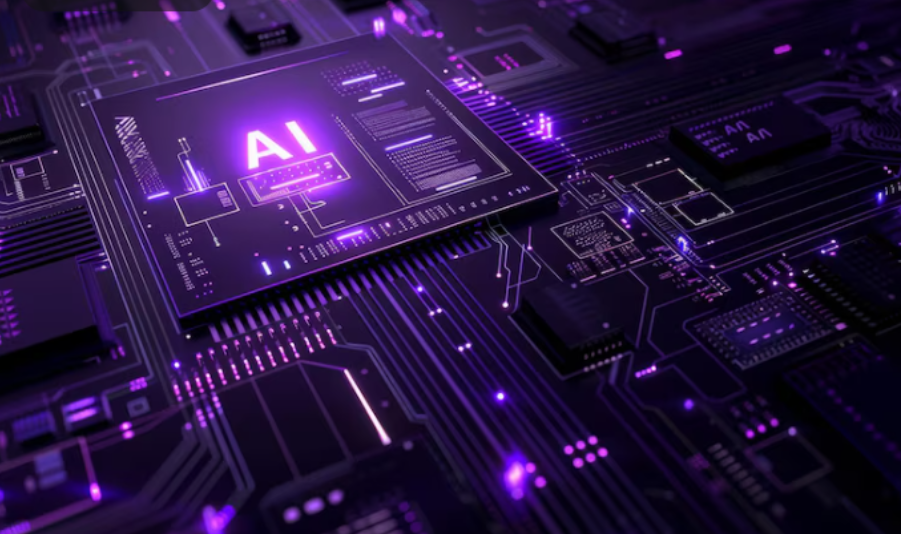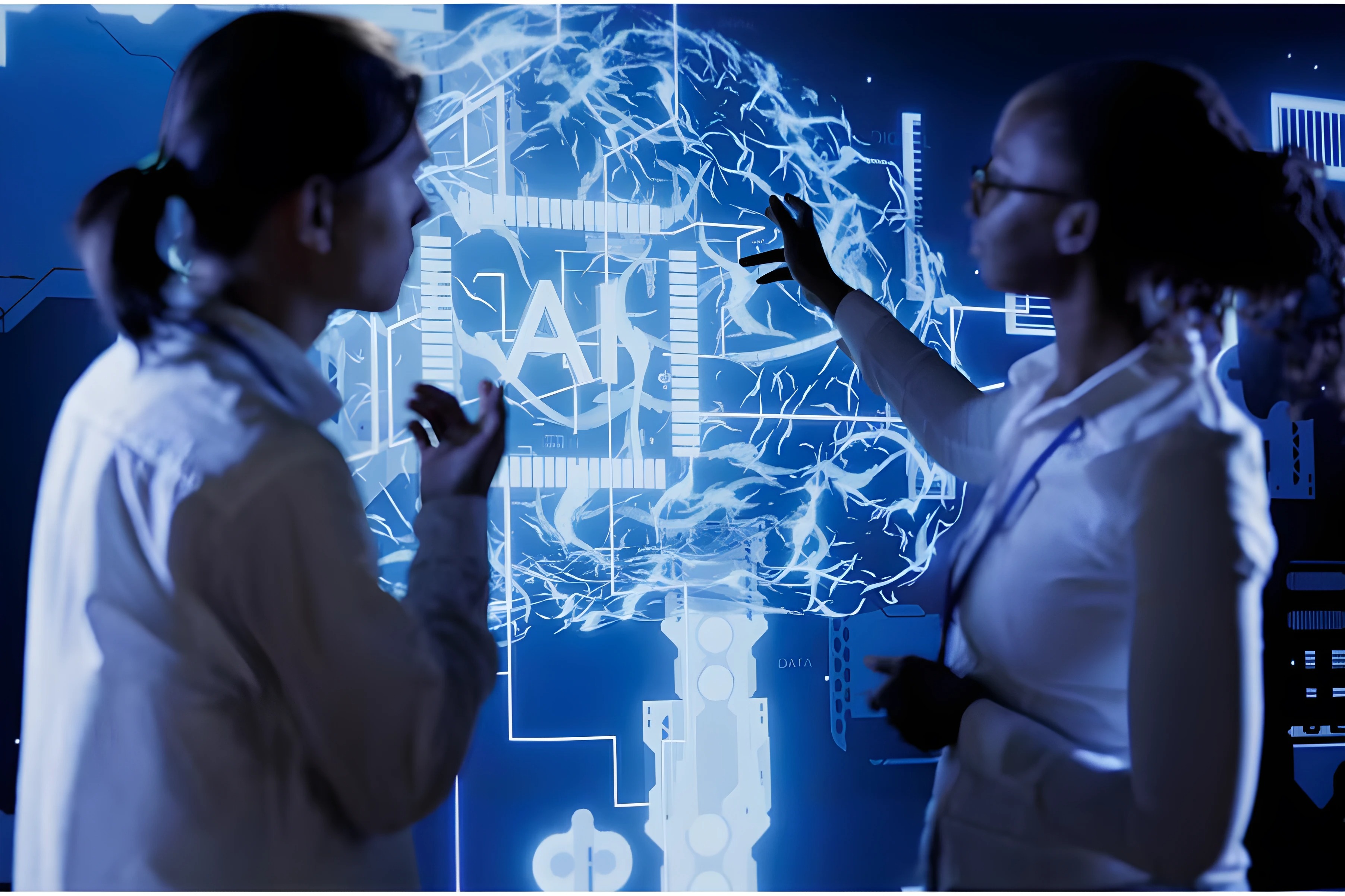
Artificial intelligence (AI) has revolutionized software development. Recently, businesses have adopted AI to develop an advanced level of efficiency. This allows them to create an extraordinary user experience and stand out in this competitive environment. Moreover, artificial intelligence in software brings several benefits to users and developers. Since it helps businesses improve efficiency and productivity, they want to utilize this technology more effectively. Hence, there is a higher demand for artificial intelligence software development services. This blog will provide highlights on how AI based software development improves software reliability and performance.
The Advantages of AI Application Development Services:
In this section, we will explore the various benefits of AI software development services:
Improves Work efficiency and performance:
AI automates various tasks and helps software engineers become more productive and efficient. Moreover, developers utilize AI in repetitive tasks like code generation and documentation as it simplifies their work, allowing them to use their time to focus on other higher-value tasks.
Improves software quality and reliability:
AI tools can reduce the possibility of human errors, which will help enhance software quality and reliability and optimize system performance. Moreover, machine learning algorithms can identify abnormalities and human errors during software development and prevent future issues. In addition, AI software development intelligence monitors software performance and helps enhance the user experience by making real-time adjustments. This will allow developers to provide the most efficient software development solutions that satisfy users' expectations in all ways.
Top Challenges in Artificial Intelligence You Need to Know:
In this part, we will discuss the potential challenges of employing AI for application development:
Mitigating bias and discrimination:
If the algorithmic design and data training of the AI system are developed with bias, then AI systems can contribute to societal biases. This results in the inability to have fairness and inclusion in the usage of AI applications. To avoid such lamentations, paying attention to impartial algorithms and multitalented training datasets is crucial. In such cases, companies should be encouraged to partner with others so that they can access proper datasets and ensure that AI systems are trained on diverse datasets. However, the incorporation of bias detection and mitigation strategies can go a long way toward correcting this problem and guaranteeing the ethical application of the AI system.
Preserving privacy and data security:
As with any data-driven technology, AI often utilizes personal data for training and functioning, which naturally brings up issues of security and some aspects of data protection as well. However, to reduce privacy risks, companies ought to ensure that proper measures for the protection of personal data are adopted. These issues may relate to data storage, data anonymization, and data protection legislation. While the use of data in business operations has been recommended, companies must ensure that the usage is clear and that there is consent from individuals. There is no doubt that both governments and regulators remain involved in setting legal requirements as well as standards that safeguard individuals’s privacy and rights. At the same time, create a framework within which the use of AI remains acceptable.
Ensuring ethical decision-making
AI systems have to be created ethically and have to be imbued with the appropriate moral standing. Due to the fact that they occur in decision-making settings and more often bear certain implications, they should be handled tactfully. Societal degradation must always be avoided, and, as such, the development of AI and the research done in this field must be ethical at all times.
Giving an insight into the future of artificial intelligence in software engineering It is possible to conclude that the subject of artificial intelligence in software engineering will remain rather bright in the future due to the continually developing tendencies and novelties.
Now, let us outline two of the biggest prospects of AI in the world of software development: trends that are already in the air and those that may come in the future.
New directions in the development of AI and software engineering
New tendencies persistently appear in the software engineering paradigm due to new developments in artificial intelligence and machine learning technologies.
Some of the new trends that have been identified to affect the construction and evolution of software systems in the future include explainable AI, federated learning, and AI-assisted requirements engineering.
Anticipations concerning the future of software development employing artificial intelligence
AI integration will remain in the foreground of software development methodologies and approaches, which in turn will refine them further.
Over time, the use of AI in software engineering can be further accelerated to solve more sophisticated and creative developments, while software engineers can focus on developing strategic solutions to problems.
In addition, AI will be useful in helping software systems learn to change proactively in response to users' feedback and other volatile factors influencing the systems in the environment.
This increased flexibility will mean software is better ‘fitted’ to the individual and/or end users’ requirements.
Conclusion:
AI has only recently been used in software engineering, and the dynamics of its application are changing across the different software engineering phases or life cycle stages. The incorporation of AI into software engineering practices has numerous advantages, and if we get the right ethical and technical framework, the scope for AI-enabled software solutions is indeed very high. In the future, integrating AI technologies into software engineering will not be an option but a necessity in the technology-oriented world.

